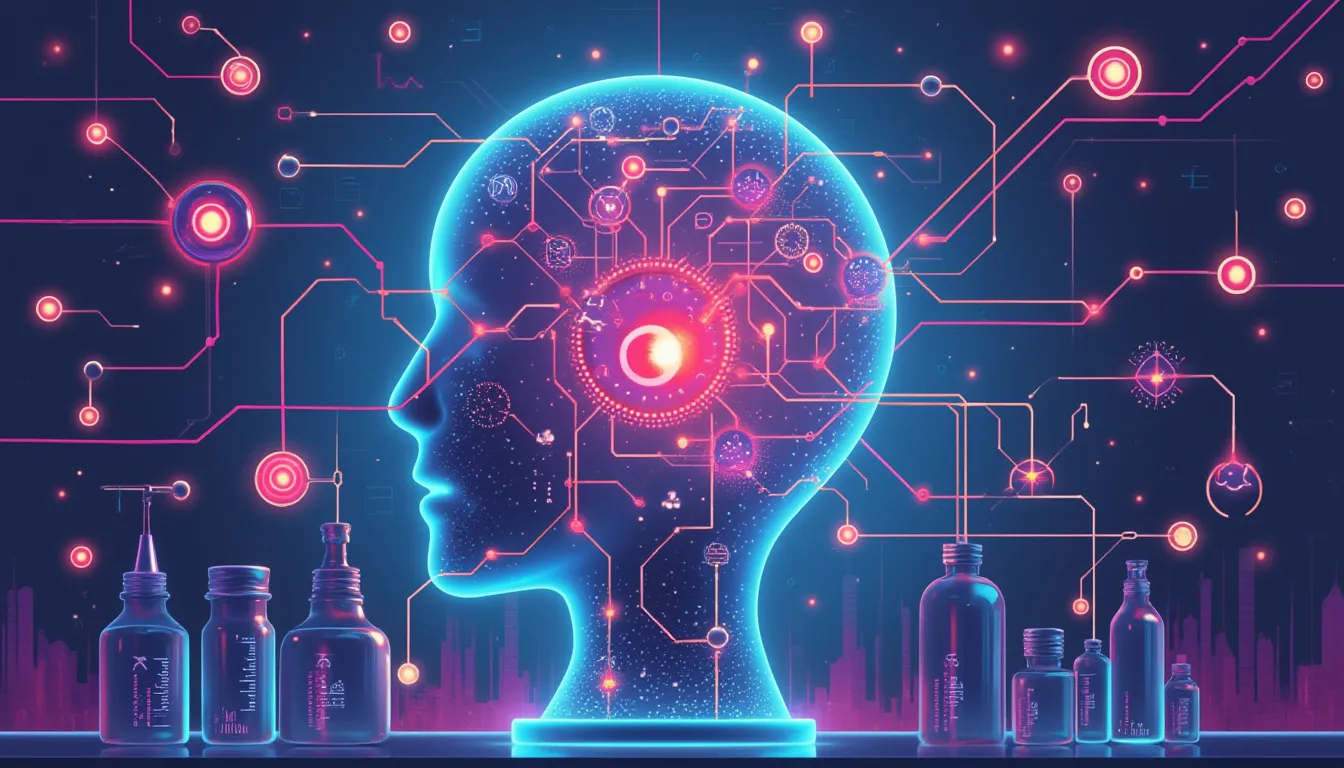The Role of AI in Modern Chemistry
AI’s integration into the field of chemistry has been groundbreaking, culminating in the awarding of the Nobel Prize for remarkable research using AI to explore protein structures. Notably, David Baker’s contributions to computational protein design, along with the work of Demis Hassabis and John Jumper in predicting protein structure, stand as testaments to AI’s transformative capabilities. This not only underscores the potential of AI in scientific research but also highlights its critical role in advancing our understanding of complex biochemical systems.
The predictive power of AI provides researchers with capabilities previously unimaginable, offering insights into intricate molecular formations and processes. By accurately predicting protein structures, scientists can unlock new pathways for drug discovery and disease treatment. This achievement paves the way for innovations in medical science, potentially revolutionizing approaches to tackling health challenges on a global scale.
AI Transformations in Business Platforms
In the business arena, AI continues to drive significant changes, as demonstrated by Zoom’s latest announcements at Zoomtopia 2024. Zoom has unveiled new AI-first work platform innovations for their Workplace and Business Services, demonstrating an acute awareness of the growing need for efficient digital solutions. Central to these advancements is the introduction of Zoom AI Companion 2.0, a tool designed to enhance productivity by integrating information from various platforms, notably Microsoft Outlook and Google Docs.
The introduction of a Custom AI Companion add-on brings a new level of customization to Zoom’s offerings. This feature, slated for a 2025 release, will give businesses the flexibility to tailor AI tools to specific needs, including the development of company glossaries and improvement of search functionalities. For companies looking to finesse communication and streamline workflows, this add-on represents a substantial opportunity.
AI Innovations Tailored for Diverse Industries
Zoom’s AI enhancements also cater to diverse industry needs, including healthcare and frontline services, with specialized solutions like Zoom Workplace for Frontline and Healthcare. These are augmented by AI Companion 2.0, designed to meet the unique demands of different work environments by ensuring optimal functionality and efficiency. This industry-specific focus highlights the adaptability and versatility of AI applications across varying sectors.
Furthermore, with Zoom Phone’s AI enhancements such as real-time call summaries and voicemail automation based on user calendars, the application of AI in customer communication is set to enhance user experiences. This will streamline operations, reduce administrative burdens, and allow professionals to focus on more critical tasks.
AI in Enhancing Customer Service
AI’s potential in customer service is further exemplified by Zoom’s introduction of AI Expert Assist and Auto Quality Management tools. These innovations enable dynamic guidance for agents and comprehensive insights into performance metrics. By incorporating AI into these domains, companies can elevate their customer service standards, offering faster, more accurate responses while also ensuring continuous improvement in service delivery.
The federated AI approach adopted by Zoom reflects a strategic decision to use diverse AI models, ensuring adaptability and quality in outputs. By selecting the most appropriate technology for specific tasks, this approach not only optimizes productivity but also empowers users with the tools they need to succeed in a rapidly evolving digital landscape.
Cross-Sectoral Impact of AI
Although not explicitly outlined in the recent announcements, the broader context shows AI’s deep integration in sectors like healthcare, frontline work, and more. The potential to transform industries through AI applications is immense, indicating a shift towards more streamlined, intelligent processes across various professional landscapes. The possibilities are boundless, with AI systems poised to support innovative progress and operational efficiencies.
In summary, whether in scientific research, business innovation, or cross-sectoral applications, AI’s influence is profound and growing. By continuing to harness its capabilities, we can anticipate further breakthroughs that will redefine how we understand and interact with the world, driving progress across multiple dimensions of life.




